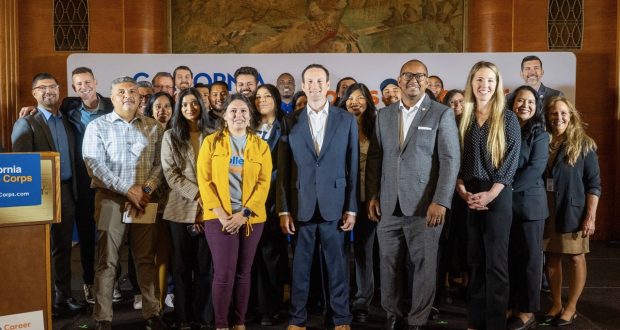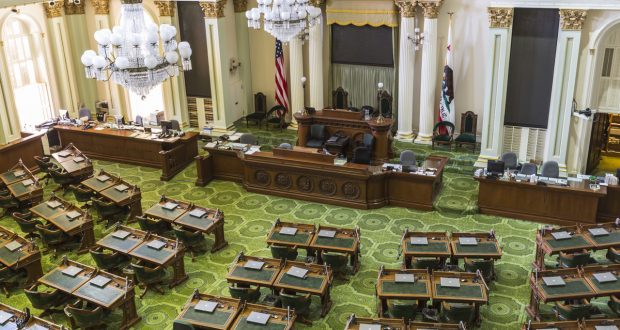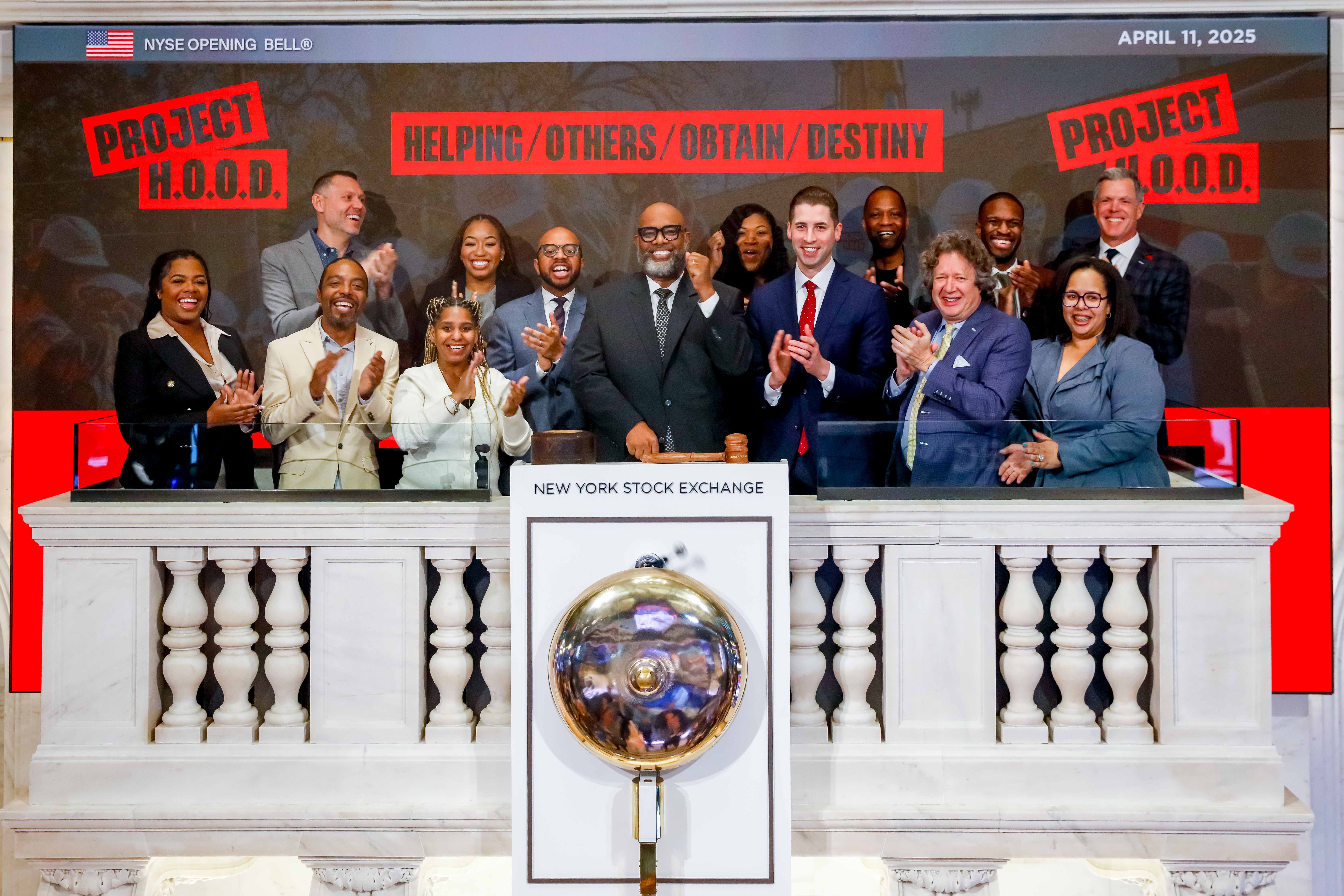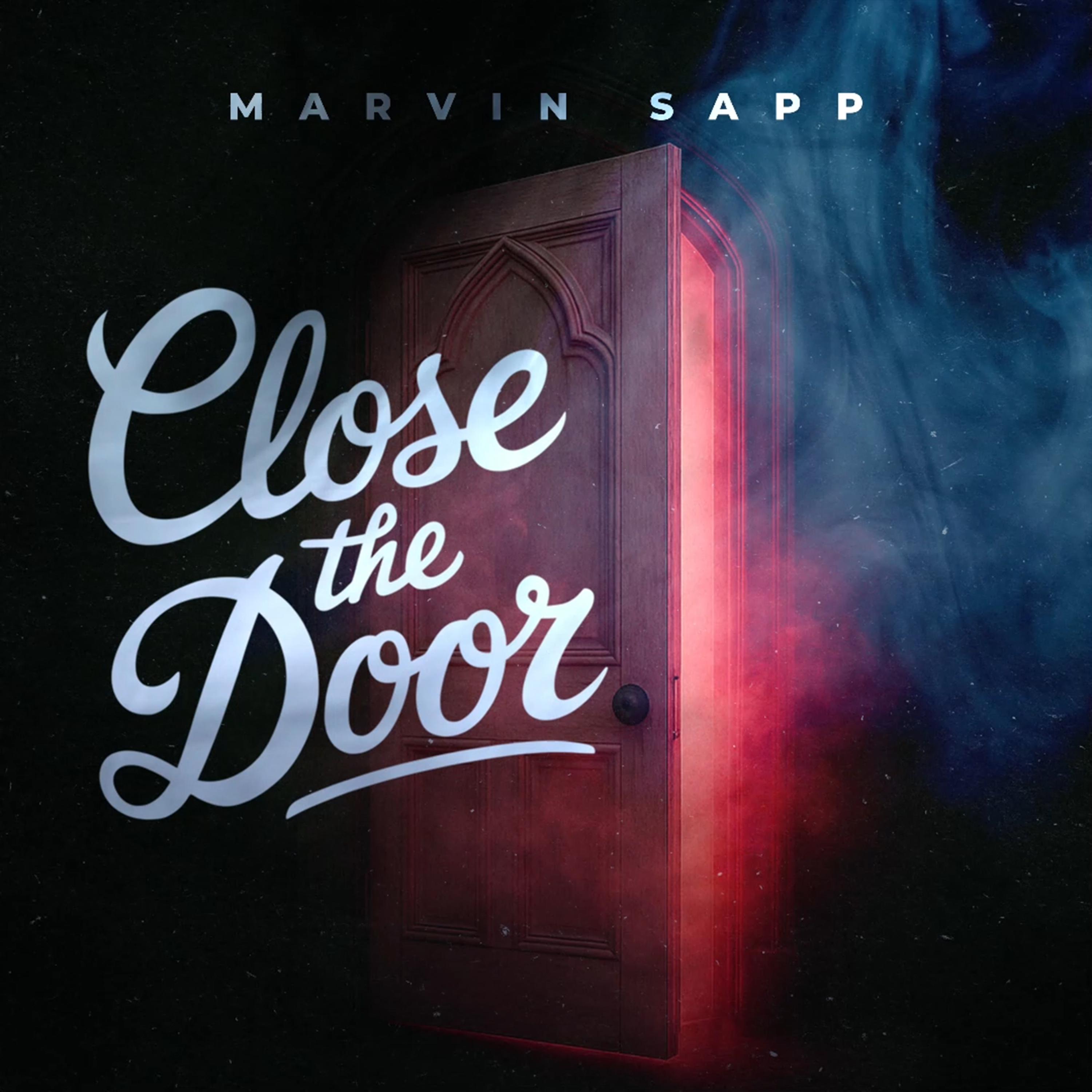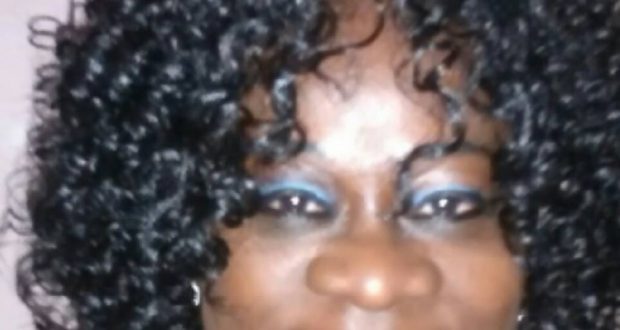Humble Beginnings
By his own admission, Gerald D. Thomas attended one of the toughest high schools on the Westside of Chicago, a neighborhood that has infamously been awarded the title of the “most dangerous neighborhood” in the US on more than one occasion. His cousin, who worked for the high school, convinced Gerald to attend so that he could be a “beacon of light” to his soon to be peers. Gerald was just that. From honor and AP classes to becoming senior class president, Gerald was the light his cousin aspired for him to be.
It wasn’t easy though. “I have had friends who have been killed. I’ve had to come home in the middle of gun crossfire. I’ve seen all of the violence, but I wasn’t going to let that shape my narrative.”
In 2007, during a college recruitment event at his high school, Gerald was introduced to Dr. Walter M. Kimbrough, then president of Philander Smith College, a private Historically Black College & University (HBCU) located in Little Rock, Ark. He offered Gerald a scholarship on the spot, opening a door that would soon lead Gerald down a path of success.
After excelling in high school against all odds in academics, he graduated as the school’s first UNCF scholar in 2008 with more than $100,000 in scholarship offers, but, ultimately, he chose to attend Philander Smith on a full scholarship.

The Launch
During his time at Philander Smith College, Gerald let his light shine even brighter, interning at The Source magazine, launching his career in entertainment.
After graduating college in the Summer of 2012, Gerald did missionary work with the General Board of Global Ministries in the Philippines and New Orleans. Using his background in entertainment and his passion for empowering minority youth, It was here that he worked with inner city schools and the Fountain of Youth to help produce a documentary film shown during the ESSENCE Fest. This experience lit a fire in him and was the beginning of a lifelong passion for helping to better the lives of others.
In the Fall of 2012, Gerald moved to Los Angeles and began freelancing for PR agencies and entertainment powerhouses like BET.
If you know Gerald, you know that he enjoys the finer things in life, but as his career in entertainment PR was going at light speed, he realized that he wanted to do more meaningful work. “I wanted to incorporate service and advocacy through everything that I did, even the entertainment and lifestyle events that I produced.
A Deeper Responsibility
Recounting his time at Philander Smith College, Gerald felt a deeper responsibility to cling to the school’s mission of graduating “academically accomplished students, grounded as advocates for social justice, determined to change the world for the better.”
“Even though a scholarship is what brought me here, I would have been doing myself a disservice if I didn’t take heed to what was right in front of me all along.”
At age 25, Gerald took on this responsibility, and decided to focus more on social justice and step away from the red carpet lifestyle he had come to know and love. “It wasn’t the only thing I wanted to do with my life, I wanted a deeper sense of purpose.”
From there, Gerald returned to Little Rock to work with organizations that had strong foundations in impacting the lives of children and underprivileged minorities through the arts, education and technology. Gerald has produced and assisted in the production of benefit fashion shows through his namesake PR firm, The GDT PR Agency, and Designer’s Choice Fashion Preview (DCFP) presented by the Timmons Arts Foundation.
Gerald was determined to create new avenues for nonprofits and organizations in the community.
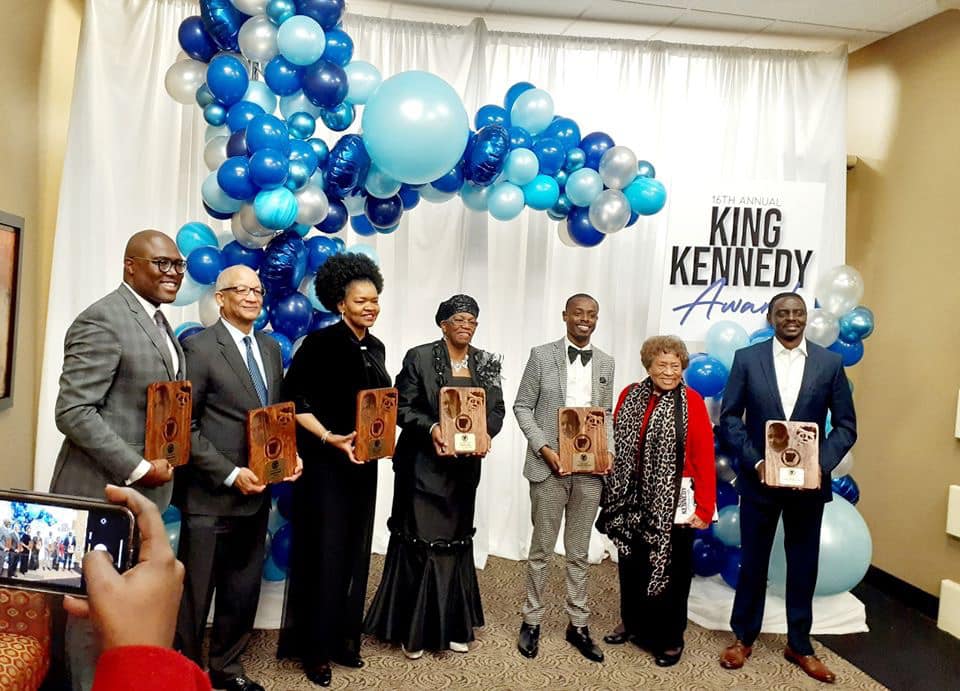
Forging New Ground
In 2019, Gerald joined Centers for Youth and Family as an Emerging Leader. The mission of Centers for Youth & Families is to provide specialized prevention, intervention and treatment services that promote emotional and social wellness for children and families in Arkansas.
“The programming was pretty boring and dated,” he says. With the vast majority of its stakeholders being elderly and white, Gerald saw an opportunity to introduce their work to an untapped resource… millennials. Gerald didn’t just want to be another token Black guy so that the organization could just check a box… he wanted to be an instrumental piece of the puzzle in helping to attract this new audience.
In April of 2019, Gerald led a brainstorming session goaled at coming up with new ways the Emerging Leaders would help raise money and better engage millennials. The group of four met continuously and originally concepted the idea of a coupon book… but what happened next was groundbreaking.
Bottomless Brunch
The coupon book evolved into BrunchFest… an interactive event celebrating the area’s best brunch food, good vibes and, of course, bottomless drinks. One hundred percent of the event’s proceeds would
Nearly 40 restaurants provided food for 500 guests, with no cost to Centers for Youth & Families. With unlimited food, beer, tequila and mimosas, the event raised more than $30,000 in its inaugural year.
This event and others like it are the epitome of Gerald’s new direction in life. Marrying entertainment and social advocacy; forging new paths to raising awareness to some of the world’s most pressing issues.
What’s Next
While Gerald’s ultimate goal is to work for an entertainment company’s philanthropic foundation, he is still very active in his local community and committed to bringing fresh ideas to Arkansans across the state.
“Arkansas has so much untapped potential and I want everyone here to realize that we have all of the needed resources to stack up against ‘more notable’ cities across the US,” says Gerald.
Looking at Gerald’s rocket-fueled career trajectory, one can only imagine what his next move will be. Stay on the lookout for what’s to come.
 Westside Story Newspaper – Online The News of The Empire – Sharing the Quest for Excellence
Westside Story Newspaper – Online The News of The Empire – Sharing the Quest for Excellence

